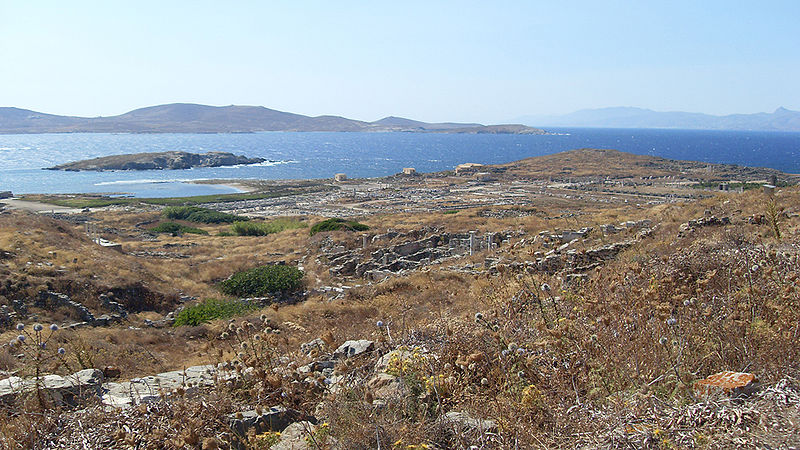
Greece has lost approximately 250 square kilometers of its beaches over the past 30 years due to climate change, according to Greek expert Costas Synolakis.
On Monday, Synolakis, a leading authority on natural hazards, warned that the country will face even greater losses as rising sea levels continue to erode the coastline.
"By 2050, with the sea level expected to rise an additional 20 to 30 centimeters, the coastline at some beaches could recede by as much as 30 meters, depending on the land's incline," Synolakis, a professor of civil and environmental engineering at the Technical University of Crete and the University of Southern California, told state broadcaster ERT. He cited data from the European Union to support his projections.
The Financial Cost of Climate Change in Greece
Synolakis also highlighted the significant financial impact of climate change on Greece's tourism-dependent coastline. He noted that the cost of erosion has already reached around 2.6 billion euros annually. This estimate is based on the fact that each square meter of coastline contributes 10-15 euros to the local economy every year.
"We have already lost this amount on an annual basis due to increasing erosion," he warned. This figure does not account for the potential loss of buildings and infrastructure that could be affected by further coastal retreat.
As an example, Synolakis pointed to Vouliagmeni, a rapidly developing area on Athens' southern coast. He warned that at the current rate of erosion, this upscale seaside resort could become an island in the not-too-distant future. Similarly, he noted that low-lying small islands may disappear entirely.
Case Studies: Kalyvia and Platanias Beaches
Synolakis cited Kalyvia beach near Chania on Crete as an example of the combined impact of rising sea levels and human activities, such as massive sand mining in the 1950s for the construction of Souda airport. He also mentioned that Platanias beach on the island is at imminent risk.
Greece is currently in the "red zone" because measures to stabilize the country's beaches are overdue. Synolakis explained that Greece initially lacked the necessary know-how to protect its beaches, resulting in the use of "hard" engineering projects, such as concrete and rocks, which have often exacerbated erosion instead of reducing it.
Climate Change and Delos Island
Another recent study by Greek scientists focused on the impact of climate change on Delos Island, situated in the Cyclades in the Aegean Sea. Delos, considered the most sacred island in ancient Greek culture, is at risk of flooding due to rising sea levels.
Published in the Journal of Marine Science and Engineering, the study indicates that the seafront of ancient Delos is experiencing significant coastline retreat and exposure to northerly winds and waves. Parts of the coastal lowland, where ancient city remains are located, are becoming wetlands. The study warns that sea levels could rise by 87 cm to 148 cm by 2150, further threatening this historic site.
In conclusion, Greece's beaches are under severe threat from climate change, with significant financial and cultural implications. Immediate and effective measures are needed to mitigate the ongoing erosion and protect these vital coastal areas. Photo by Vijinn, Wikimedia commons.



































